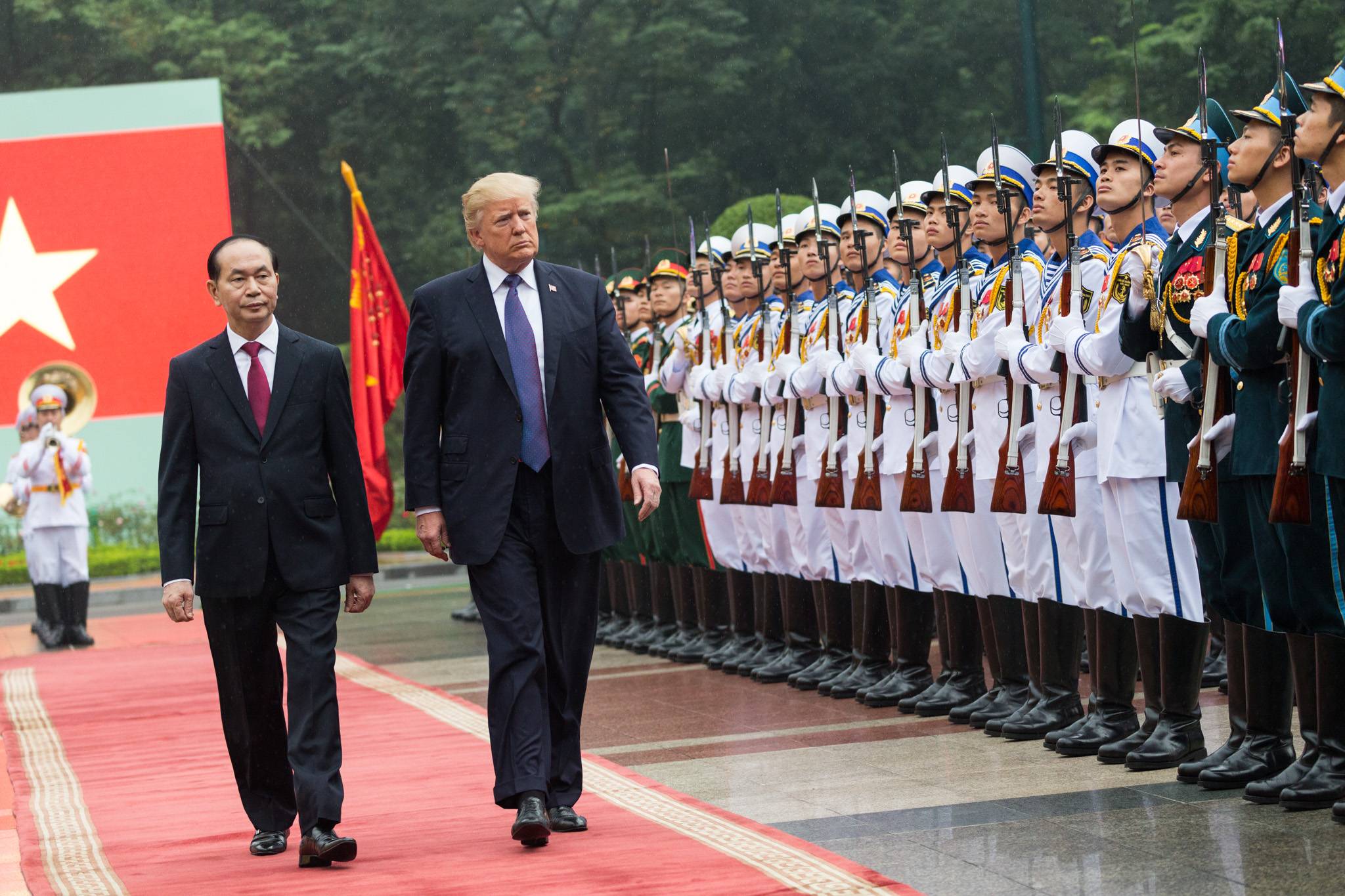On July 13, Secretary of State Mike Pompeo shifted U.S. policy in the South China Sea, prompting Southeast Asian counterclaimants to China’s expansive sovereignty claims to respond. For Vietnam, Pompeo’s announcement represented a clear victory — Washington would no longer remain on the sidelines in maritime disputes, and now would actively uphold counterclaimants’ sovereignty in their respective exclusive economic zones (EEZs).
In its response, however, Vietnam’s Ministry of Foreign Affairs withheld any mention of the United States by name. Instead, Hanoi noted that “Vietnam welcomes countries’ positions on the East Sea [Vietnam’s term for the South China Sea] issues which are consistent with international law and shares the view, as stated in the statement issued on the occasion of the 36th ASEAN Summit, that the UNCLOS [United Nations Convention on the Law of the Sea] sets out the legal framework within which all activities in the oceans and seas must be carried out.”
Keen observers of Vietnam’s security policy, including myself, are not surprised in the least by this outcome. Since the Soviet Union abandoned its alliance with Vietnam to mend ties with China in 1986, Hanoi has been consistent over decades to avoid repeating the mistake of aligning with one great power against another.

















With your current subscription plan you can comment on stories. However, before writing your first comment, please create a display name in the Profile section of your subscriber account page.